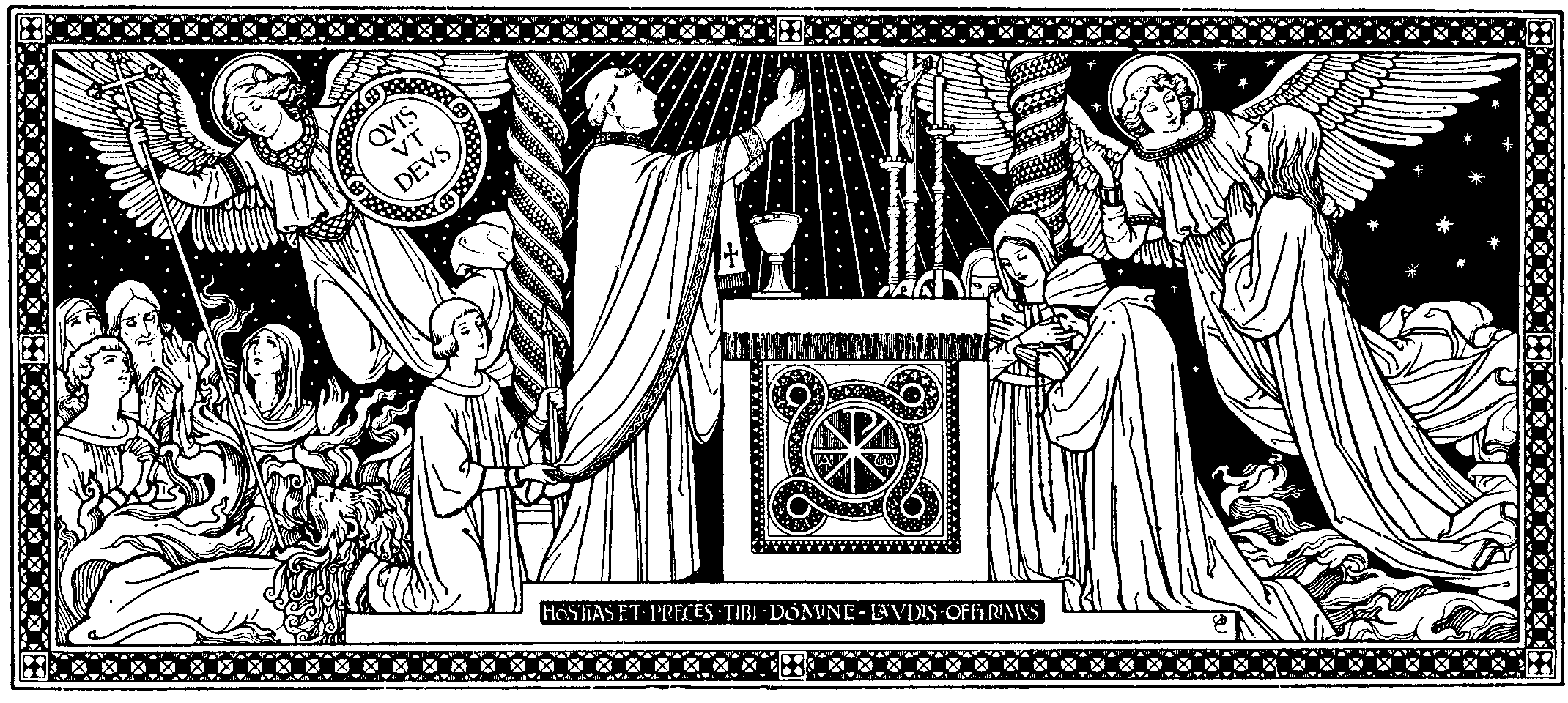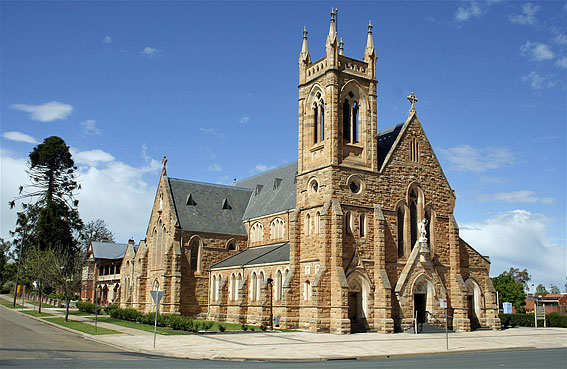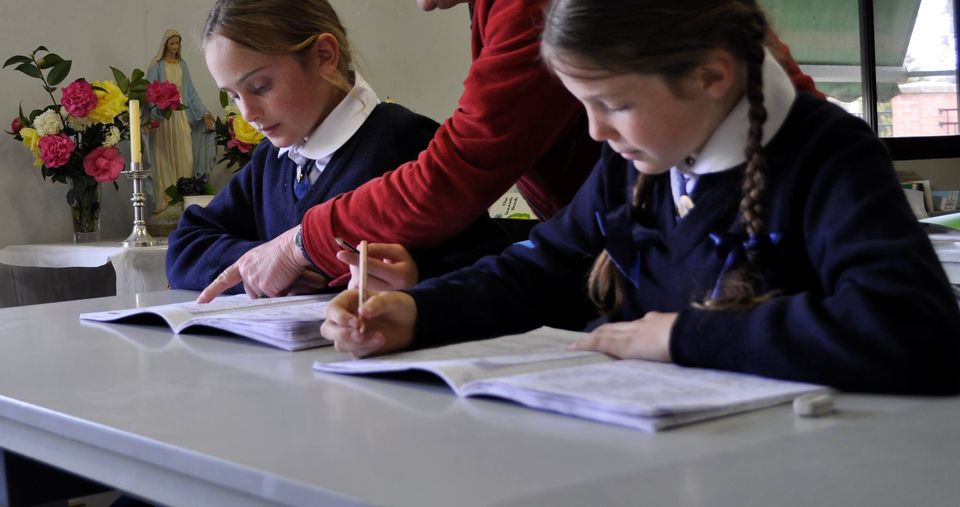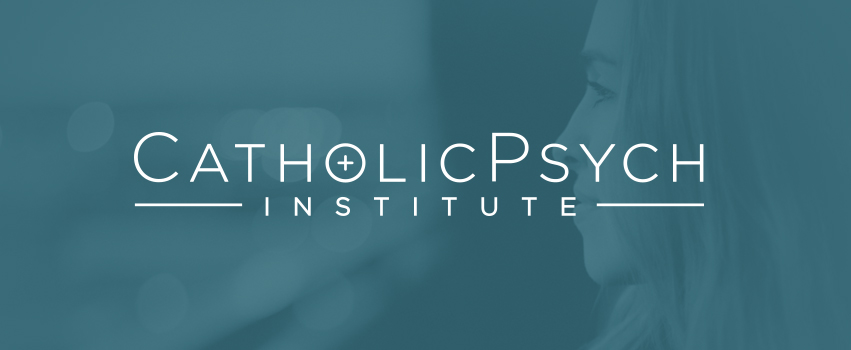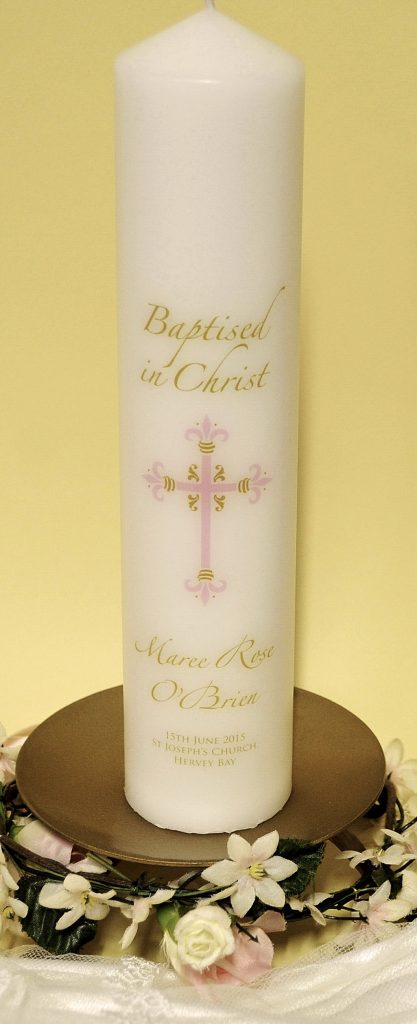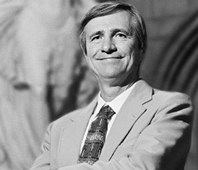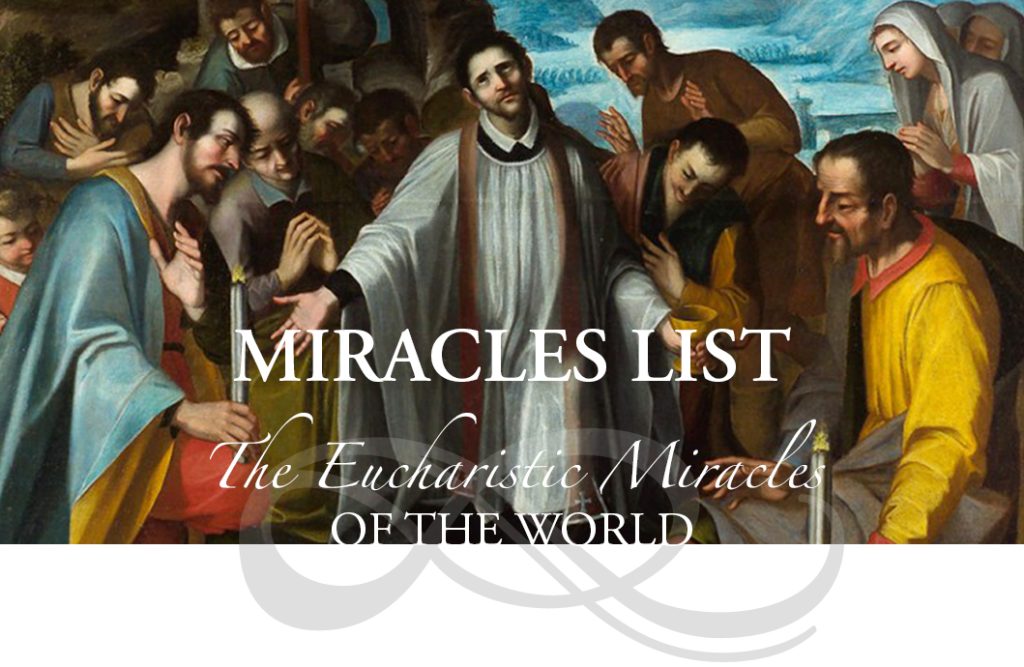Meaning of Mass
THE MEANING OF MASS
Before Jesus Christ came upon earth, the people of the Old Testament in the Bible offered blood sacrifices to God in order to honour and worship Him as their Creator and Lord.
All these victims of sacrifice were but feeble figures or ‘types’ of the true Victim who offered Himself on Calvary. He alone was able to offer the only Sacrifice worthy of God being a divine Person, equal to God. As the Man-God, Jesus Christ is the divine High Priest and authentic Mediator between God and humanity.
The multiple sacrifices of animals and the fruits of the earth offered to God were inadequate. His Sacrifice, however, was most pleasing to God the Father and reunited the bond that was severed by our first parents, meriting every heavenly blessing for us. By means of it, humanity was redeemed, the debt was paid, our sins were pardoned and God was perfectly worshipped.
In order that the effects and merits of His Sacrifice on the Cross, that day on Calvary, might be applied to every soul of every place, in every time, Jesus willed that it should be renewed upon the altar: therefore He instituted the Sacrifice of the Mass at the Last Supper.
By His words: “Do this into rememberance of me” He gave unto His apostles and their successors (bishops) not only the power to consecrate, but the command, also, to do what He had done on that night in anticipation of His death the next day. In ordaining them as bishops, with the fullness of the priesthood, He established His Sacrifice on earth that would be offered as the perfect Sacrifice of Redemption until His return at the end of time.
When the Lord held the bread on Holy Thursday night and said: “This is My Body” He was not making reference merely to physical bread but to His body that would be “given up for you” on the Cross at Calvary. Likewise, when he took the chalice and said: “This is the chalice of My Blood” the context is painfully clear, “the Blood of the New and Eternal Covenant, which will be poured out for you and for many for the forgiveness of sins.”
The Sacrifice of Jesus as the true Mediator in the work of Redemption is complete. However, while we live an incomplete life filled with sin and imperfections we need His Offering to make up in ourselves for what is still wanting in our lives. So Christ’s passion, death and resurrection – the Paschal Mysteries – occur everyday on our altars throughout the world. The altar in any given Catholic Church is the same as Calvary, the eternal High Priest is Christ, the priest stands in for Him, the offering is the same as Good Friday. The only difference is that then it was bloody and now unbloody. Then Christ offered Himself alone to the Father, now we offer ourselves with Him, for in every Mass we are spiritually transported in time and space back to that moment and place in time.
So the Last Supper and Calvary are the one event, united at Mass in the one Sacrifice with Christ as the only Victim. What He accomplished then is still continued today through His priests. No Mass is offered without one being aware of His painful and horrific death. For that reason at Mass the prayers of institution involve a double consecration of the bread and wine.
One looks upon the sacred Host on the altar (His Body), separated from the chalice (His Blood), and one ponders how He endured the slow bleeding by which His Blood was poured out from His Body on the Cross. One’s attentiveness and offering at the consecration of the Mass is the best way to show our gratitude to Jesus for having died for us, so much did He love us.
Mass is a true Sacrifice as the Sacrifice of Calvary offered in an unbloody manner under the appearances of bread and wine. After the Consecration, the Lord Jesus is present on the altar as Priest and Victim and offers Himself to God the Father on our behalf for our intentions, with all the acts of adoration and abandonment that occurred on that day. The Mass thus is the central act of Christian worship. As a creature, a finite created being with a mortal body, we can nothing better for the sake of our immortal soul than to unite ourselves with Christ and immerse ourselves in this holy oblation, the supreme act of adoration and worship.
It is regretful that since the Protestant Reformation in the sixteenth century, only the Catholic and Orthodox Churches now possess the Mass as given by Christ to humanity. Thus, church services offered by Protestant denominations don’t offer sacrifice to God but read the Bible, pray and sing hymns with occasional ‘communion‘ services symbolic of the Last Supper.
We should be grateful, therefore, that we are able to assist at or be present at Mass. At the end of life, it may be our love of His Sacrifice throughout our life that will make much difference – for in the end all that matters is the Mass.
